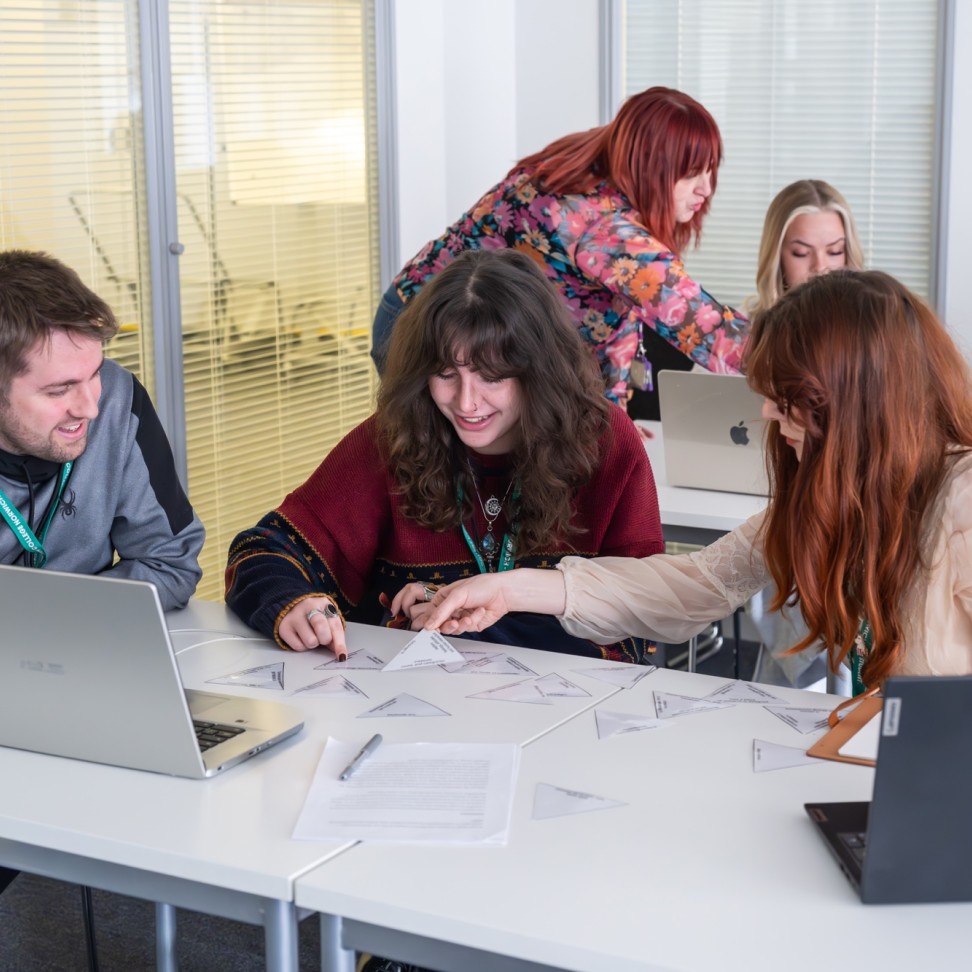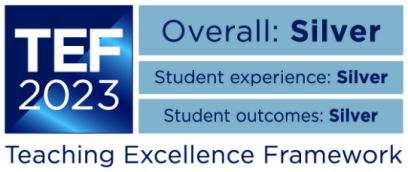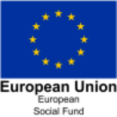BA (Hons) Childhood Studies (Top-Up)

This programme is fantastic for anybody looking for, or already working in, a career with children and young people. This course enhances practice and facilitates professional progression through the acquisition of transferable skills, such as reflecting in and on practice, working collaboratively and effectively as a team member, and conducting research using appropriate tools and methodology.
- Level
- 6
- Entry Point
- Sep 2026
- Duration
- Full Time, 1 year
- Venue
- Norfolk House campus
- CCN Course Code
- F0107
Reasons to study
this course
In addition to the wide variety of transferable skills that are taught, study of this programme will enable you to analyse ethical and professional conflicts that arise in practice and to develop the ability to communicate knowledge and ideas in your own existing or prospective settings.
This course offers the opportunity to gain a holistic understanding of the range of experiences and factors affecting children and young people, as well as equipping you with the knowledge and skills to support children and young people with diverse and complex needs effectively.
Abbie Toner - Course Leader BA (Hons) Childhood and Youth Studies
Hi, my name is Abbie and I have a varied background, predominately in social care, supporting children and young people in residential care. I have also acted as a parent support advisor for an Early Help Team in Suffolk and thereafter supported children and their families with various contextual safeguarding concerns, in schools. In addition, I have worked in a front-line safeguarding team working with children at risk of child criminal exploitation and have spent time working for a charitable organisation that supports grandparents caring for their grandchildren due to addiction. Before coming into higher education teaching, I have supported young people and professionals affected by harmful sexual behaviour.
Where will this
course take you?
Many of the students who have taken this programme are now pursuing fantastic opportunities in nurseries, schools or schools for students with special educational needs. The programme could also open up opportunities for post-graduate study leading to other qualifications, for example in teaching or social work.
Student stories
Course structure
The course is studied full time over one year. The programme is delivered over one day a week - 30 teaching weeks per year.
Level 6 modules
Creativity and Applications in Practice Compulsory
Discover how creativity supports the holistic development of children and young people across education, health, and social care settings. This module examines innovative approaches to enhance cognitive, social, and emotional growth, while fostering problem-solving, critical thinking, and inclusive practice. You’ll engage with key theories and research, learning how to design creative initiatives that meet diverse needs, including for children with SEND. Through reflective practice, this module equips you with the skills to apply creative methods to real-world challenges in meaningful ways.
Assessment:
-
Seminar (100% of module weighting)
International Perspectives Compulsory
Gain a global understanding of childhood and youth by exploring how cultural, social, and political contexts shape their experiences. This module examines education, health, and welfare across different nations, exploring the role of international organizations like UNICEF and the UN in advocating for children’s rights. You’ll analyze global challenges such as child poverty, trafficking, and access to education, and consider how policies and movements influence outcomes for young people. By engaging with case studies from around the world, you’ll develop the ability to critically evaluate the diverse factors impacting children’s lives globally.
Assessment:
-
Report (100% of module weighting)
Leadership and Management Compulsory
Learn how effective leadership transforms childhood and youth work settings by exploring leadership theories, management strategies, and team dynamics. This module focuses on building personal leadership skills, promoting positive workplace cultures, and improving team performance through effective communication and support systems. You will analyse real-world scenarios to understand the impact of leadership on organisational success, preparing you to lead and inspire in multidisciplinary settings.
Assessment:
-
Oral Exam (100% of module weighting)
Specialised Support and Interventions Compulsory
Understand the range of targeted and universal interventions available for children and young people facing challenges. This module explores trauma-informed approaches, SEND practices, and multiagency frameworks, emphasising the importance of family and community support. You’ll examine how adverse childhood experiences (ACEs) affect young people and learn how to design interventions that promote resilience and well-being. This module equips you with the knowledge and skills to support children and young people with diverse and complex needs effectively.
Assessment:
-
Professional Discussion (100% of module weighting)
Dissertation (Research Project) Compulsory
Conduct independent research on a topic of your choice within childhood and youth studies, showcasing your ability to think critically and contribute original insights. This module guides you in developing ethical research practices, producing literature reviews, and linking theory to practice. Your dissertation will demonstrate your ability to analyse complex issues and propose solutions that have real-world relevance, preparing you for advanced study or professional practice. Assessment:
-
Dissertation (100% of module weighting)
Course details
Assessment methods
This programme is assessed using a variety of methods including written assignments, individual presentations, creative workshops, field research, seminars, portfolios and examinations.
Awarded by
This course is awarded by the University of East Anglia and regulated by The Office for Students.


Entry requirements
Foundation Degree
Applicants should have a Foundation Degree in a relevant subject area (achieving 240 credits).
Course fees
£9,535 per year for UK students.
£15,052 per year for international students (students from outside of the UK).
We were awarded a TEF Silver rating overall in 2023, achieving this for both student experience and student outcomes.

Search courses
Search CCN HE




